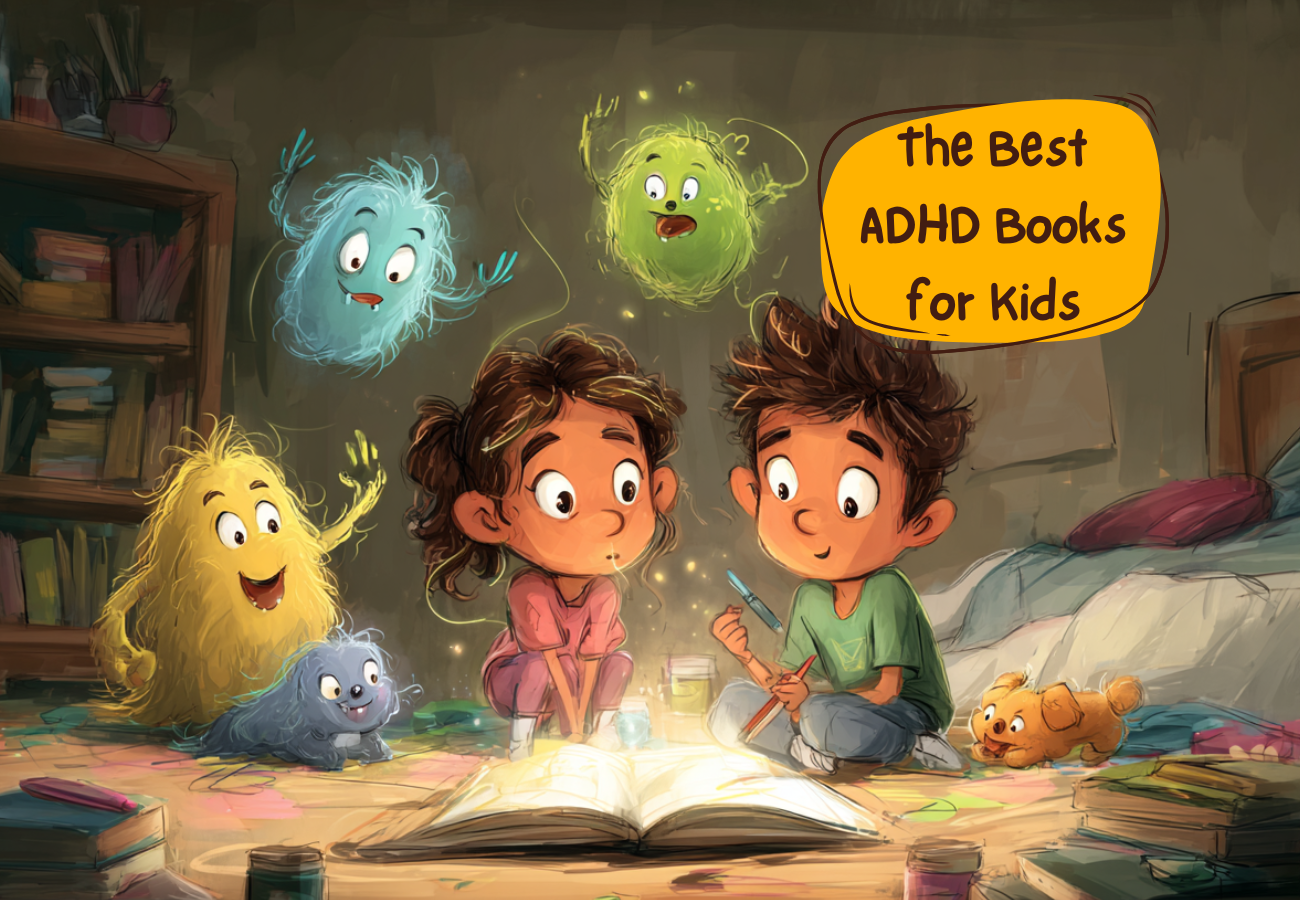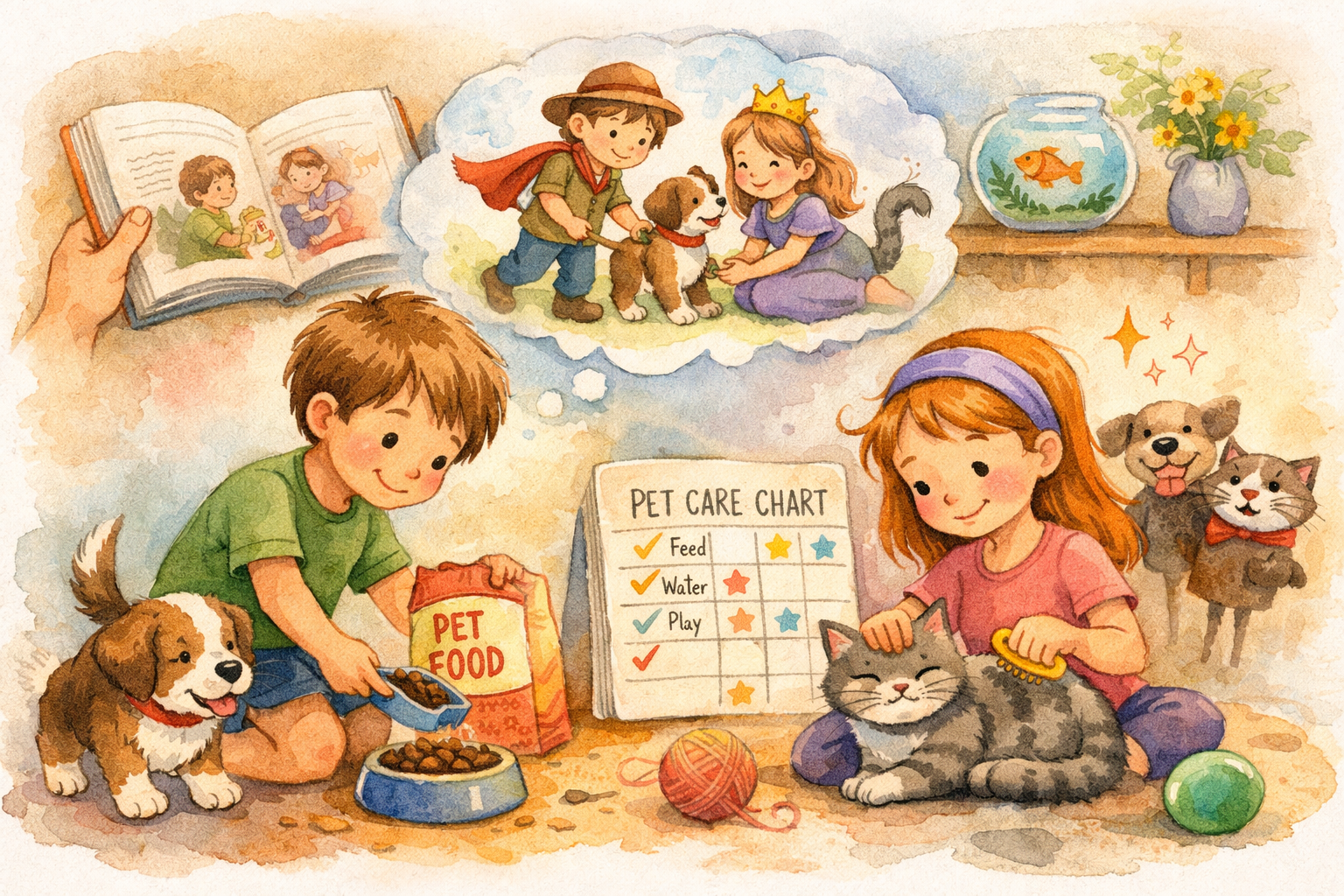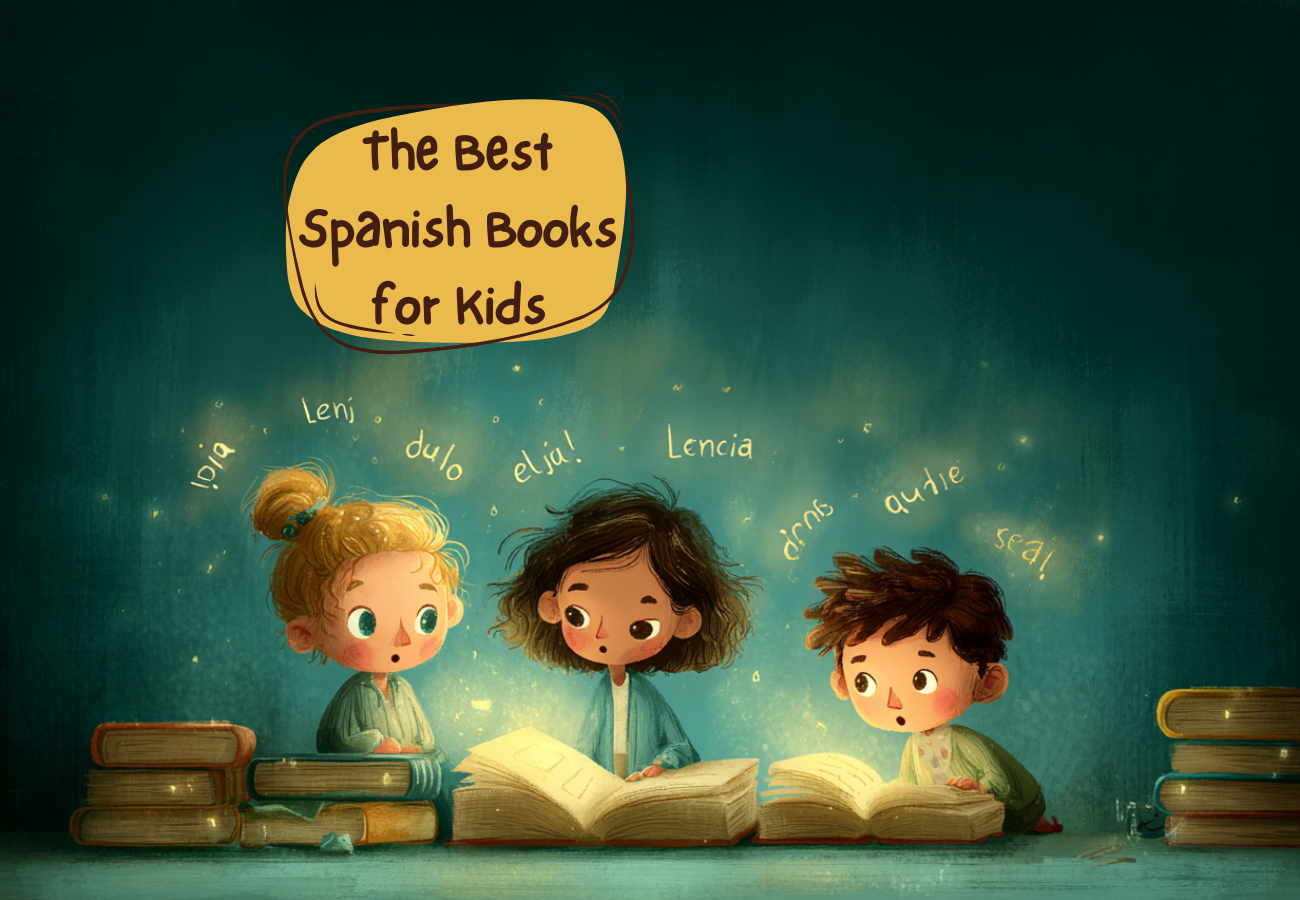What Is Preschool and Why It Matters for Early Development

Choosing the right preschool is one of the most critical decisions parents make in shaping their child’s early development. In today’s evidence-based educational climate, early childhood education is recognized not merely as preparatory schooling, but as a scientifically validated foundation for cognitive, emotional, and social growth. High-quality programs such as Little Scholars NYC, an established early learning center with Brooklyn and Manhattan locations, demonstrate how structured, play-based curricula foster executive function, language acquisition, and socio-emotional regulation long before kindergarten begins.
Decades of developmental neuroscience underscore that the brain’s architecture is most malleable in the first five years of life. During this period, synaptic density peaks, and children acquire critical competencies through exploration, socialization, and guided interaction. Thus, a well-designed preschool environment is not simply a convenience, it is a neural investment, influencing lifelong learning trajectories and even long-term health outcomes.
The Difference Between Daycare and Preschool
While the terms “daycare” and “preschool” are sometimes used interchangeably, they refer to distinct educational models with different pedagogical intentions. Daycare & childcare in NYC typically emphasize safe supervision, basic routines, and social interaction for infants and toddlers. In contrast, a private preschool in NYC such as Little Scholars NYC integrates structured educational frameworks, developmental milestones, and curriculum-based assessments aligned with DOE/3K/Pre-K for All participation.
| Feature | Daycare | Preschool |
| Primary Focus | Supervision and care | Cognitive and social learning |
| Age Range | Infants–Toddlers | Ages 3–5 |
| Curriculum | Flexible, care-centered | Standards-based and play-driven |
| Teacher Credentials | Childcare experience | Certified early childhood educators |
| Learning Environment | Routine-based | Enriched, thematic learning zones |
This distinction is not hierarchical but developmental. Daycare supports essential attachment and safety; preschool extends this by stimulating curiosity, resilience, and problem-solving through whole-child education an approach where academic and emotional growth evolve in tandem.
Key Skills Learned in Early Childhood Education
Early learning programs like those at Little Scholars NYC employ play-based learning as a scientifically supported pedagogy. Through structured play and inquiry-driven exploration, children develop:
- Language and literacy – Phonemic awareness, vocabulary enrichment, and narrative expression.
- Numeracy and logic – Early counting, spatial reasoning, and pattern recognition through manipulatives and STEM exploration.
- Social-emotional learning – Self-regulation, empathy, turn-taking, and cooperative play.
- Motor skills – Fine and gross coordination enhanced through creative crafts, sensory play, and movement activities.
- Cultural awareness – Respect for diversity cultivated through music and arts, multilingual exposure, and inclusive classroom practices.
These competencies serve as the scaffolding for academic readiness, but equally important, they cultivate a sense of belonging and confidence in each child’s capacity to learn and lead.
How Little Scholars NYC Prepares Children for Kindergarten and Beyond
Since its founding in 2013, Little Scholars NYC has grown into one of the most respected names in licensed childcare and early education, operating multiple centers strategically located near subway stations for easy drop-off and pick-up. Its reputation is grounded in an integrative model that harmonizes academic rigor with nurturing environment design, a balance essential for sustainable child development.
Certified Teachers, Play-Based Curriculum, and Social Learning
Each classroom is led by credentialed educators trained in early childhood education, with ongoing professional development ensuring adherence to the latest NYC DOE and NAEYC guidelines. The curriculum merges Universal Pre-K (UPK) standards with play-based, experiential learning. In practice, this means children engage in both structured thematic lessons and self-directed discovery within thoughtfully arranged learning zones.
Technological transparency further strengthens the home-school connection. Using the Brightwheel app, families receive real-time updates on meals, milestones, and daily reports, allowing parents to remain engaged in their child’s learning process even when away from the classroom.
Furthermore, the centers’ adherence to CACFP nutritional standards ensures every child enjoys balanced, wholesome meals fueling concentration and physical growth. Programs such as the Infant Program, Toddler Program, 3K, UPK, and Extended Care options provide continuity of care and education, supporting children through each developmental stage. Seasonal options like Summer Camp and Mommy & Me classes reinforce continuity of learning and community engagement.
Parent Tips: How to Choose the Right Preschool
When evaluating early learning programs, parents should consider both logistical and developmental criteria. Below are expert recommendations drawn from Little Scholars NYC’s operational philosophy:
- Accreditation and licensing – Verify compliance with state and city standards for early childhood facilities.
- Teacher credentials – Ask about staff qualifications and ongoing training.
- Curriculum alignment – Look for programs aligned with DOE/UPK standards and supported by research in early education.
- Classroom ratio and safety – Smaller groups promote individualized attention within a safe, clean, and caring environment.
- Communication systems – Apps like Brightwheel ensure transparency and parental engagement.
- Holistic development approach – Ensure the school emphasizes social, emotional, and physical growth alongside academics.
- Community culture – A community-focused, inclusive program encourages collaboration and emotional resilience.
By applying these benchmarks, parents can identify institutions that foster holistic development rather than narrowly academic preparation.
Conclusion: Building a Strong Foundation for Lifelong Learning
Preschool represents the nexus between home and formal education a place where learning meets fun and children begin internalizing the rhythms of curiosity, empathy, and perseverance. Little Scholars NYC exemplifies this transition by offering a nurturing environment that unites cognitive stimulation with emotional security.
With nearly a decade of experience and a mission rooted in inclusivity, growth, and excellence, Little Scholars NYC remains a model of whole-child education where every block tower, science experiment, and art project becomes a stepping stone toward confident, compassionate adulthood.
More articles

The Best ADHD Books for Kids: Supportive Reads for Children and Parents
Supporting a child with Attention-Deficit/Hyperactivity Disorder (ADHD) starts with understanding their world—how they think, feel, and navigate daily challenges. One of the most effective tools for building empathy, resilience, and confidence is reading. The right ADHD books for kids help children feel seen, understood, and empowered. At the same time, high-quality books for parents of […]

Kid-Friendly Ways to Learn Responsibility Through Storytelling and Pets
Teaching responsibility to children can sometimes feel like herding cats – adorable, unpredictable, and a little exhausting. One day they’re eager to help, the next they’ve completely forgotten what they promised to do. The good news? Responsibility doesn’t have to be forced or boring. When you mix the power of storytelling with the real-life experience […]

The Best Spanish Books for Kids: Fun and Engaging Books
Introducing children to a second language early opens the door to stronger communication skills, cultural understanding, and long-term academic benefits. Whether you’re a teacher, parent, or bilingual family, choosing the right Spanish books for kids is one of the most effective and enjoyable ways to support language learning. High-quality books in Spanish for kids build […]



